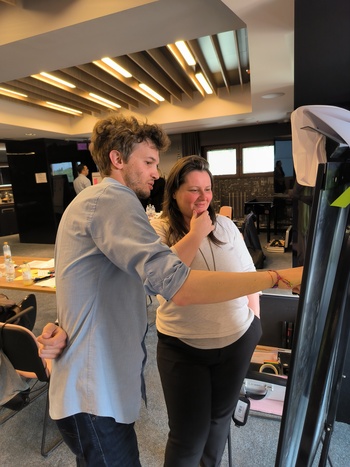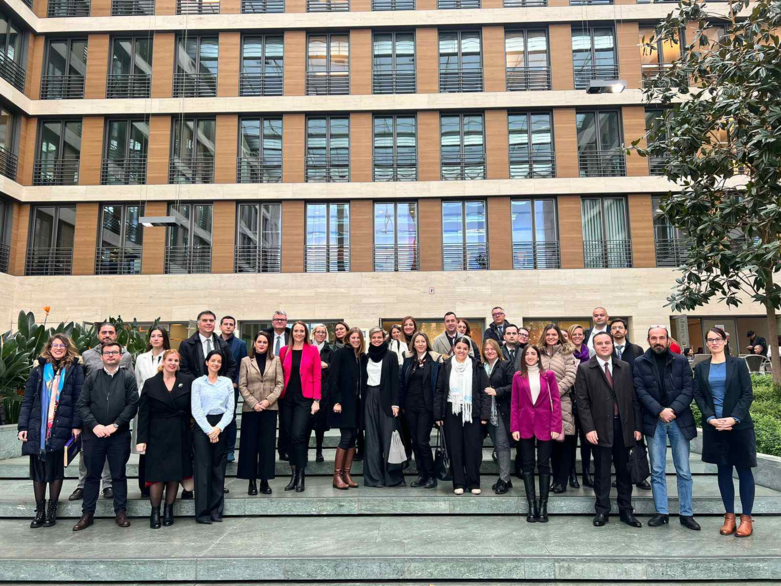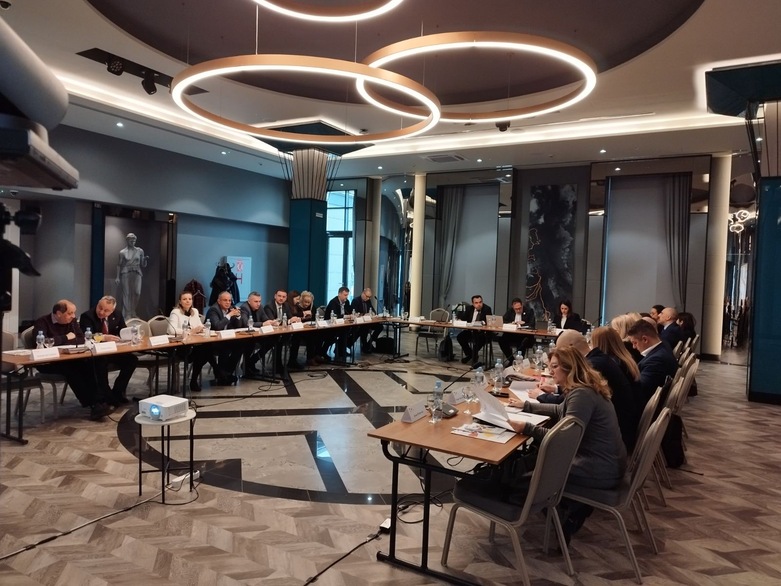Working together regionally for EU integration in the Western Balkans
Regional Cooperation for EU Integration
-
Commissioning Party
German Federal Ministry for Economic Cooperation and Development (BMZ)
-
Country
Candidate countries for accession to the European Union (EU) in the Western Balkans
-
Lead executing agency
More
-
Overall term
2012 to 2026
-
Products and expertise
Governance and democracy

Context
The Western Balkan countries, which include Albania, Bosnia and Herzegovina, Kosovo, Montenegro, North Macedonia, and Serbia, are potential accession countries to the European Union (EU). A prerequisite for their accession is better cooperation within the region. The Berlin process, an exchange between high-ranking representatives of the EU and the Western Balkans, has already contributed to this.
Significant progress has been made in creating a common regional market that meets EU standards. This harmonisation paves the way for integration into the EU single market. However, further measures are needed in the Western Balkans in order to boost the skills of the authorities. These include the regional exchange of knowledge, cross-national training, and the communication of best practices.
Objective
Regional cooperation in the Western Balkans is consolidated for faster EU integration.

Approach
The project supports four regional institutional networks –the Network of Ministries of Foreign Affairs, the EU integration authorities, the National Instrument-for-Pre-Accession Coordinators, and the Parliamentary Committee Secretariats responsible for EU Integration –
- to develop transnational positions on EU integration and regional cooperation initiatives, especially the Berlin process
- to set shared minimum standards in key political and economic areas in order to accelerate EU integration
- to train specialists in the partner institutions by establishing long-term training programmes
The project also promotes a regional dialogue platform with a focus on gender and inclusion. This platform is intended to facilitate structured cooperation between governments, parliaments, and civil society in the Western Balkans. It also aims to expand cross-sectoral exchange, facilitate partnerships, and provide guidance on gender and inclusion for EU accession.

Last update: December 2023





